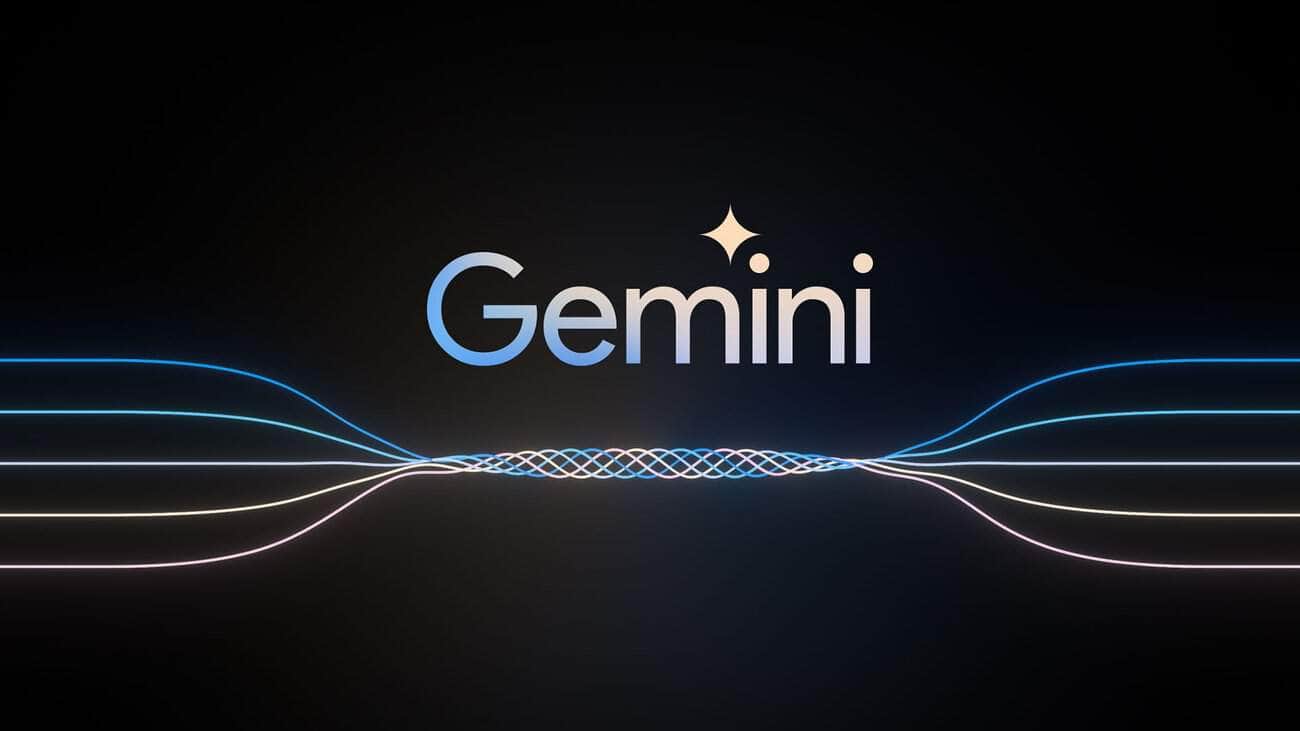Google has significantly improved its Code Assist tool by integrating it with Gemini 2.0, its latest and most advanced AI model. This upgrade results in enhanced performance, providing more accurate code suggestions and a better understanding of the code context.
Developers can now anticipate more relevant and helpful assistance as they write code, along with connections to various external data sources, which facilitates a smoother workflow.
Boosting Developer Productivity with AI-Powered Coding
Seamless Integration with External Tools
A key improvement is Code Assist’s new ability to connect with external source code management tools, starting with GitLab. This integration allows developers to access GitLab features directly from their IDE, simplifying workflows and minimizing the need to switch between different applications. This streamlined approach saves time and keeps developers focused on their code.
Enhanced Code Completion and Suggestion Capabilities
Powered by Gemini 2.0, Code Assist now provides more intelligent and context-aware code completions and suggestions. This helps developers write code more quickly and efficiently, reducing errors and improving overall productivity. The AI’s improved understanding of code patterns and structures allows it to offer more precise recommendations.
Improved Debugging Support
Beyond code completion, Code Assist also offers better support for debugging. The tool can now identify potential problems in the code and offer suggestions for fixing them. This feature helps developers catch errors early on and resolve issues more efficiently.
Key Enhancements to Google’s Code Assist
| Feature | Improvement | Benefit for Developers |
|---|---|---|
| AI Model | Integration with Gemini 2.0 | Improved accuracy, context understanding, and performance. |
| External Tool Integration | Connection with GitLab | Streamlined workflows and reduced context switching. |
| Code Completion | More intelligent and context-aware suggestions | Faster coding and fewer errors. |
| Debugging | Improved error detection and suggested fixes | More efficient debugging process. |
Short Summary:
- Integration of Gemini 2.0 enhances Code Assist capabilities.
- Developers can access data sources like GitHub, Snyk, and Atlassian directly within their IDEs.
- Code Assist aims to minimize context-switching for improved productivity.
Google announced upgrades to its Code Assist tools, utilizing the Gemini 2.0 model to enhance developer efficiency. The new features include integrations with platforms such as GitHub, Google Docs, and Atlassian, allowing seamless access to external data sources within the coding environment. Ryan J. Salva, Senior Director of Product Management at Google Cloud, emphasized that the goal is to help developers maintain their workflow by consolidating information in their Integrated Development Environment (IDE).
“There’s so many other tools that a developer uses in the course of a day,” Salva said. “What we wanted to do is enable developers to bring in that additional context to their IDE.”
Background of Code Assist
Initially launched as Duet AI for Developers in October, Google Code Assist aims to cater to enterprises looking to streamline coding processes. This shift in branding to Code Assist reflects Google’s intent to provide a solution that not only aids developers in writing code but also guarantees enterprise-level security and compliance, which have become paramount for organizations using AI in software development.
The increasing demand for efficient coding solutions has placed Google Code Assist in direct competition with AI-powered tools such as GitHub Copilot and Oracle’s coding assistants. By incorporating external data sources, Google is positioning itself as a formidable player in this growing market.
Gemini 2.0: The Power Behind the Tool
The introduction of the Gemini 2.0 model brings substantial improvements in latency and response quality, crucial for maintaining the developer’s flow state. Early feedback from users has highlighted the importance of speed, as developers prefer immediate responses to avoid disrupting their focus. Salva emphasized this aspect of user experience:
“When you’re sitting there trying to code, you want those kinds of responses to come up in milliseconds.”
Furthermore, Gemini 2.0 is designed to synthesize complex queries, allowing developers to ask the tool to summarize comments, get updates on pull requests, or fetch relevant documentation directly from their IDEs.
Enhancing the Developer Experience
Google’s Code Assist tools will allow developers to retrieve vital information with ease. For example, a developer could quickly pull up the latest comments from a specific Jira issue or identify who recently committed changes to a file in a Git repository. This capability relies on a flexible API that translates natural language into executable commands.
As part of its launch, Google announced an array of partnerships with prominent developers and platforms. These include:
- Atlassian’s Rovo, for project management integration.
- GitHub and GitLab, providing repo insights and version control functionalities.
- Google Docs, ensuring seamless documentation access.
- Sentry, for real-time error tracking and monitoring.
- Snyk, focused on security and compliance.
“By connecting Atlassian Rovo to Gemini Code Assist, engineering organizations will be able to leverage the rich context already captured in tools like Jira,” said Josh Devenny, Head of Product for Agile and DevOps AI at Atlassian.
This dynamic integration is crucial because it minimizes the need for developers to switch contexts, subsequently allowing them to focus on coding and collaboration without interruptions.
The Broader Impact on AI in Development
As AI continues to transform software development, tools like Code Assist will play a pivotal role in increasing productivity. However, challenges remain. A recent report from Google’s DevOps Research and Assessment team indicated a growing distrust in AI-generated code among developers — 39% of respondents expressed concerns about the quality and reliability of such code.
Salva highlighted that while productivity enhancements were the focus of AI coding tools in recent years, the conversation is gradually shifting towards quality assurance in AI-generated output. The future will likely see organizations prioritize the integration of quality-focused AI systems to maintain code integrity.
“We are seeing a drop in overall stability, and the conversation in the next year may shift to how we use AI to improve quality across multiple dimensions,” Salva stated.
The Future of Coding Assistance
Looking ahead, Google’s approach to AI in development appears to be focused on enhancing not just the speed but also the reliability and security of AI-generated code. Efficient, secure coding tools that integrate seamlessly into existing workflows will be essential for the future of software development.
Salva underscores that continuous evolution and partnerships in developing tools like Code Assist will be key to remaining competitive and addressing the growing needs of developers. With advancements in technology, AI is set to become more ingrained within the software development lifecycle, creating a future where coding assistance becomes a necessity for developers.
Google is offering private previews of Gemini Code Assist, which combines Gemini 2.0 with integrated external tools to enhance coding productivity and project efficiency. The updates signify a significant evolution in AI-assisted coding, focusing on a cohesive and productive experience within developers’ IDEs. Google’s efforts aim to improve developer effectiveness while maintaining code quality and security.







